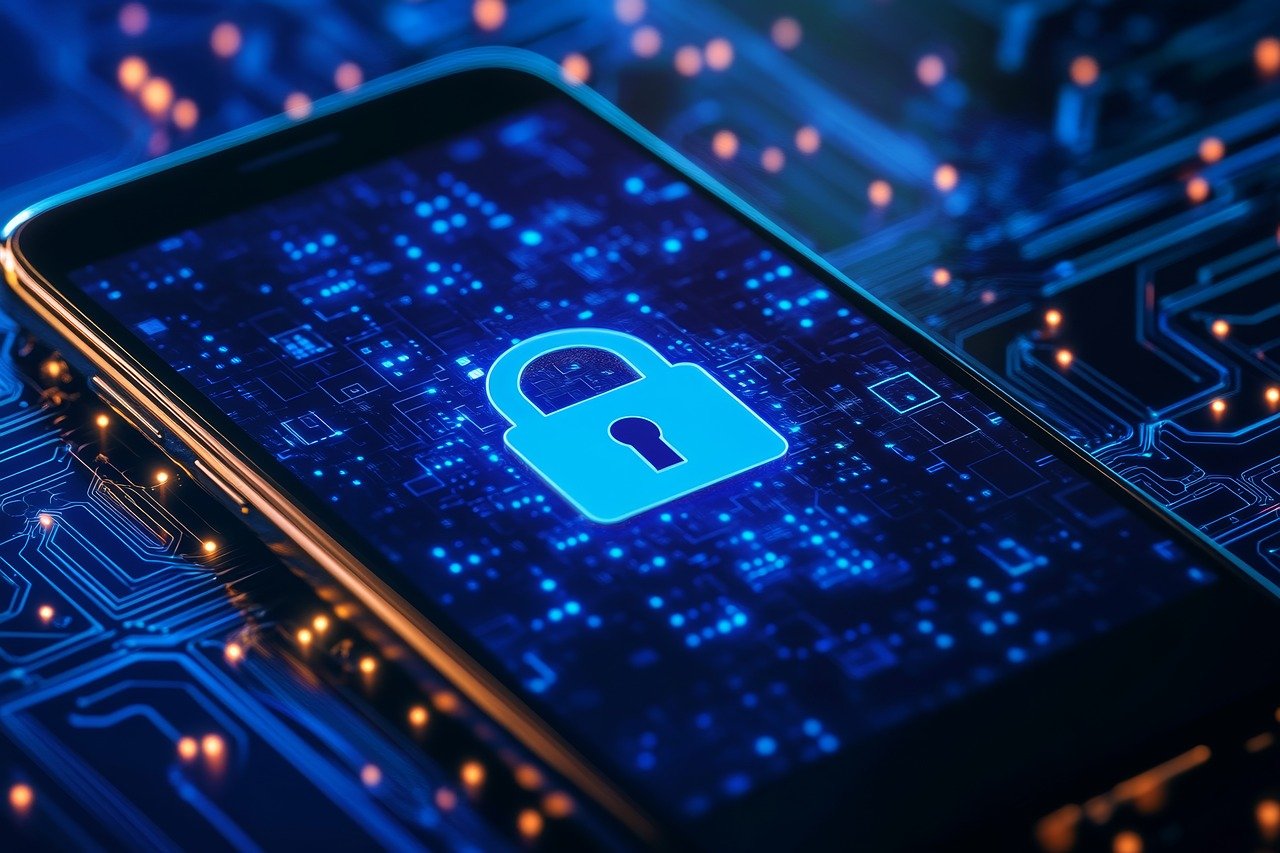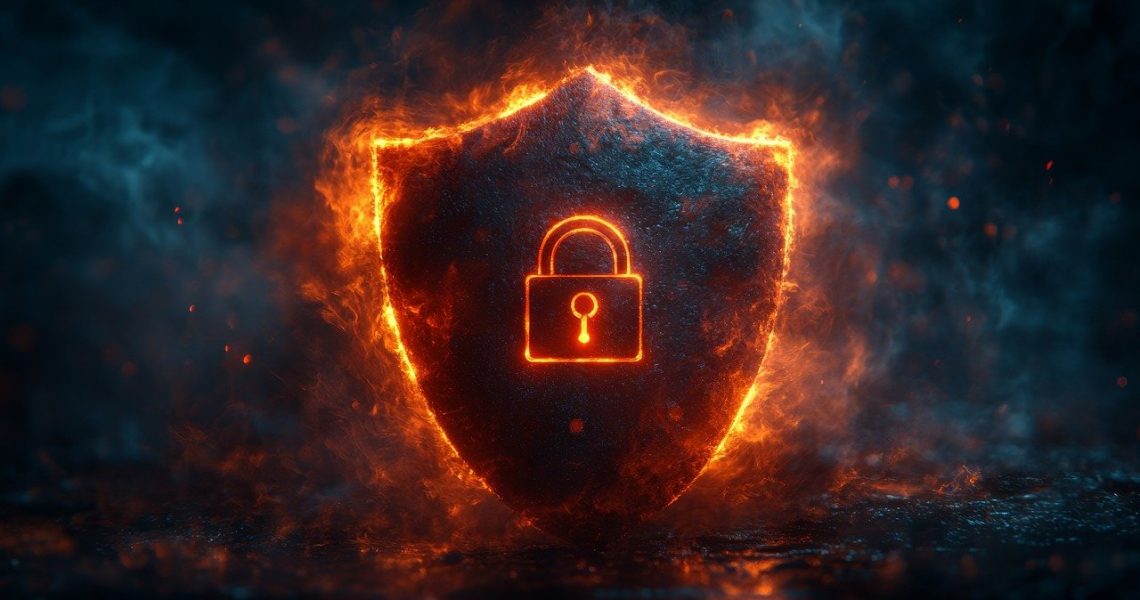How to Protect Your Personal Data Online: Tips and Tools
In today’s interconnected digital landscape, the need to protect your personal data online has become more crucial than ever. As we increasingly rely on the internet for communication, shopping, banking, and entertainment, our personal information is constantly at risk of exposure to malicious actors. This article explores the various threats to online privacy and provides practical tips and tools to help you safeguard your sensitive data. By implementing these strategies, you can significantly reduce the risk of falling victim to cybercrime and maintain control over your digital footprint.
Understanding the Risks of Online Data Exposure
Before diving into protection strategies, it’s essential to understand the various risks associated with online data exposure.
Common Threats to Personal Data
- Phishing: Deceptive attempts to obtain sensitive information by posing as a trustworthy entity
- Malware: Malicious software designed to disrupt, damage, or gain unauthorized access to a computer system
- Data Breaches: Unauthorized access to sensitive, protected, or confidential data
- Man-in-the-Middle Attacks: Interception of communication between two parties to steal data
- Social Engineering: Manipulation techniques to trick individuals into divulging confidential information
- Unsecured Public Wi-Fi: Networks that allow cybercriminals to intercept data transmitted over them
Consequences of Data Exposure
The impact of compromised personal data can be severe and long-lasting:
- Financial Loss: Unauthorized access to bank accounts or credit card information
- Identity Theft: Criminals using personal information to impersonate victims
- Reputational Damage: Personal or professional reputation harm due to exposed private information
- Emotional Distress: Anxiety and stress resulting from privacy violations
- Legal Implications: Potential legal issues if compromised data leads to criminal activities
For example, the 2017 Equifax data breach exposed sensitive information of 147 million people, leading to numerous cases of identity theft and financial fraud.
Essential Tips to Protect Your Personal Data Online
Implementing these practical tips can significantly enhance your online security.
Use Strong and Unique Passwords
Creating strong, unique passwords for each account is crucial for online security.
Best practices for password management:
- Use a combination of uppercase and lowercase letters, numbers, and symbols
- Make passwords at least 12 characters long
- Avoid using personal information or common words
- Use a reputable password manager to generate and store complex passwords
- Never reuse passwords across multiple accounts
Enable Two-Factor Authentication (2FA)
Two-factor authentication adds an extra layer of security by requiring a second form of verification beyond your password.
Services that offer 2FA:
- Dropbox
- Amazon
- Microsoft
Regularly Update Software and Apps

Keeping your software and apps up-to-date is crucial for patching security vulnerabilities.
Tips for managing updates:
- Enable automatic updates whenever possible
- Regularly check for updates on all devices (computers, smartphones, tablets)
- Pay attention to security bulletins from software vendors
- Consider using a patch management tool for multiple devices
Be Wary of Phishing Scams
Recognizing and avoiding phishing attempts is essential for protecting your personal data.
Common signs of phishing emails:
- Urgent or threatening language
- Requests for sensitive information
- Suspicious attachments or links
- Unusual sender email addresses
- Poor grammar or spelling errors
- Generic greetings instead of personalized ones
Limit Sharing Personal Information
Carefully managing the personal information you share online, especially on social media, is crucial for maintaining privacy.
| Platform | Key Privacy Settings |
|---|---|
| Profile visibility, Post audience, Tag review | |
| Account privacy, Story controls, Comment filters | |
| Protected tweets, Direct message filters | |
| Profile visibility, Connection requests, Data visibility |
Tools to Enhance Your Online Privacy
Several tools can help bolster your online privacy and security.
Virtual Private Networks (VPNs)
VPNs encrypt your internet traffic and mask your IP address, enhancing online privacy and security.
| VPN Provider | Security Features | Speed | Monthly Price |
|---|---|---|---|
| ExpressVPN | AES-256 encryption, No-logs policy | Fast | $12.95 |
| NordVPN | Double VPN, CyberSec | Very Fast | $11.95 |
| Surfshark | MultiHop, CleanWeb | Fast | $12.95 |
| ProtonVPN | Secure Core, Perfect Forward Secrecy | Moderate | $10 |
Encryption Tools
Encryption tools protect sensitive data by making it unreadable to unauthorized parties.
Popular encryption tools:
- VeraCrypt (file and disk encryption)
- Signal (encrypted messaging)
- ProtonMail (encrypted email)
- Cryptomator (cloud storage encryption)
- BitLocker (Windows built-in disk encryption)
Secure Browsers and Extensions
Using secure browsers and privacy-enhancing extensions can significantly improve your online privacy.
Recommended options:
-
Browsers:
- Brave
- Firefox
- Tor Browser
-
Extensions:
- uBlock Origin (ad blocker)
- Privacy Badger (anti-tracking)
- HTTPS Everywhere (forces encrypted connections)
- Decentraleyes (protects against CDN tracking)
Protecting Personal Data on Mobile Devices

Mobile devices require specific strategies to ensure data protection.
Mobile Device Encryption
Encrypting your mobile device protects data if the device is lost or stolen.
Steps to enable encryption:
iOS:
- Use a passcode (encryption is automatically enabled)
- Go to Settings > Face ID & Passcode (or Touch ID & Passcode)
- Ensure “Data protection is enabled” appears at the bottom
Android:
- Go to Settings > Security
- Tap “Encrypt phone” or “Encrypt tablet”
- Follow the on-screen instructions
App Permissions Management
Carefully managing app permissions helps limit data access and protect privacy.
| App | Critical Permissions to Review |
|---|---|
| Location, Contacts, Camera, Microphone | |
| Contacts, Camera, Microphone, Storage | |
| Google Maps | Location, Camera, Contacts |
| Camera, Microphone, Contacts, Location |
Use of Secure Messaging Apps
Secure messaging apps offer end-to-end encryption for private communications.
Recommended secure messaging apps:
- Signal: Open-source, end-to-end encryption, self-destructing messages
- WhatsApp: End-to-end encryption, large user base
- Telegram: Secret chats with end-to-end encryption, self-destructing messages
- Wire: End-to-end encryption, open-source, multi-device support
Staying Informed: Keeping Up with Cybersecurity Trends
Staying informed about the latest cybersecurity trends is crucial for maintaining strong online protection.
Subscribe to Cybersecurity Newsletters
Reputable cybersecurity newsletters and blogs:
- Krebs on Security
- Dark Reading
- The Hacker News
- Naked Security by Sophos
- SANS NewsBites
Participate in Online Security Communities
Joining online communities focused on security and privacy can provide valuable insights and support.
Popular forums and groups:
- r/privacy (Reddit)
- r/netsec (Reddit)
- Information Security Stack Exchange
- Cybrary Community
- OWASP Community
Conclusion
Protecting your personal data online is an ongoing process that requires vigilance and proactive measures. By implementing the tips and tools discussed in this article, you can significantly enhance your online privacy and security. Remember to use strong, unique passwords, enable two-factor authentication, keep your software updated, and be cautious about sharing personal information online. Utilize encryption tools, VPNs, and secure browsers to add layers of protection to your online activities. Stay informed about the latest cybersecurity trends and threats to adapt your protection strategies as needed. In today’s digital age, taking control of your online privacy is not just a choice—it’s a necessity for safeguarding your personal and financial well-being.
